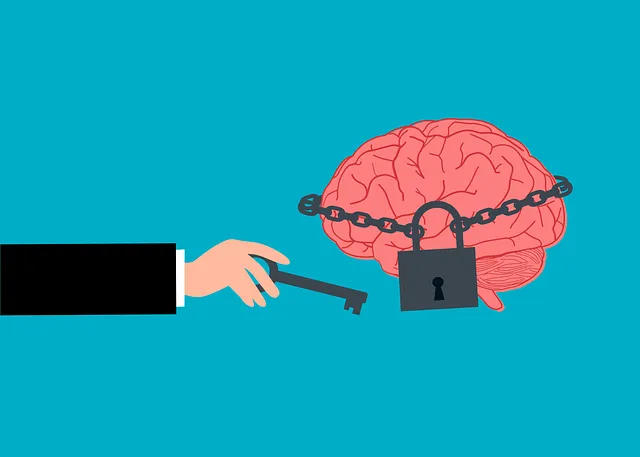Englewood Kaiser Permanente mental health services offer crisis intervention with a holistic approach, focusing on stress management, emotional healing, and compassion cultivation. They provide evidence-based practices like mindfulness and self-care strategies, empowering individuals to build resilience and navigate distress effectively. Trained professionals ensure cultural sensitivity and trust through active listening, promoting long-term mental health stability.
“In times of crisis, effective intervention can make a profound difference. This article explores comprehensive strategies for navigating mental health crises, drawing insights from Englewood Kaiser Permanente’s innovative approach to mental healthcare. We delve into the foundational principles of crisis intervention, offering practical guidance for supporting individuals in need. By examining real-world examples, such as Englewood Kaiser Permanente’s successful services, we equip readers with tools to recognize and respond to crises, ultimately fostering healthier communities.”
- Understanding Crisis Intervention: A Foundation for Action
- Englewood Kaiser Permanente's Approach to Mental Health Services
- Practical Strategies: Supporting Individuals in Crisis
Understanding Crisis Intervention: A Foundation for Action

Crisis intervention is a crucial aspect of mental health support, offering immediate and targeted assistance during times of acute distress. At Englewood Kaiser Permanente, our dedicated mental health services are designed to provide a safe and nurturing environment where individuals can receive the care they need during challenging periods. Understanding crisis intervention as a foundation for action involves recognizing that it’s not just about responding to an emergency but also preparing and empowering individuals to navigate future crises effectively.
Through evidence-based practices like Compassion Cultivation Practices, Stress Management Workshops Organization, and Self-Awareness Exercises, our team equips clients with valuable tools and strategies to manage and prevent crises. By fostering self-awareness and cultivating compassion towards oneself and others, individuals gain resilience and coping mechanisms that can help them de-escalate situations before they escalate. This proactive approach, centered around holistic well-being, is a key component of our comprehensive crisis intervention strategy at Englewood Kaiser Permanente mental health services.
Englewood Kaiser Permanente's Approach to Mental Health Services

Englewood Kaiser Permanente has pioneered an innovative approach to mental health services that goes beyond traditional therapy models. Their holistic strategy focuses on empowering individuals through stress management techniques, emotional healing processes, and compassion cultivation practices. This unique method recognizes the interconnectedness of physical and mental well-being, offering a nurturing environment where patients can explore and address their challenges.
By integrating these modern practices, Englewood Kaiser Permanente ensures that patients not only receive effective treatment but also develop lifelong coping mechanisms. This comprehensive care approach has been shown to significantly improve patient outcomes, fostering resilience and enhancing overall quality of life.
Practical Strategies: Supporting Individuals in Crisis

Englewood Kaiser Permanente mental health services offers valuable guidance on crisis intervention strategies, emphasizing practical approaches to support individuals in distress. One key strategy is encouraging Self-Care Practices tailored to each person’s needs. By promoting activities like deep breathing exercises, mindfulness meditation, and regular physical activity, individuals can develop coping mechanisms that enhance their resilience during crises. Healthcare providers play a crucial role in teaching these practices and providing resources for ongoing mental well-being.
Additionally, Englewood Kaiser Permanente highlights the importance of Empathy Building Strategies. Trained professionals learn to actively listen, validate emotions, and convey genuine concern. This fosters trust and encourages individuals to share their experiences openly, which is essential for effective crisis intervention. Regular Healthcare Provider Cultural Competency Training ensures that staff are equipped to address diverse needs, providing culturally sensitive care that respects individual backgrounds and beliefs.
In light of the above discussions, crisis intervention strategies guided by organizations like Englewood Kaiser Permanente’s approach to mental health services play a pivotal role in managing and mitigating personal crises. By understanding the foundational principles of crisis intervention and employing practical strategies, we can foster supportive environments that enhance recovery and resilience. The integration of these techniques, as demonstrated by Englewood Kaiser Permanente’s model, ensures individuals in crisis receive timely and effective assistance, ultimately reducing the impact of stressful events on their lives.






